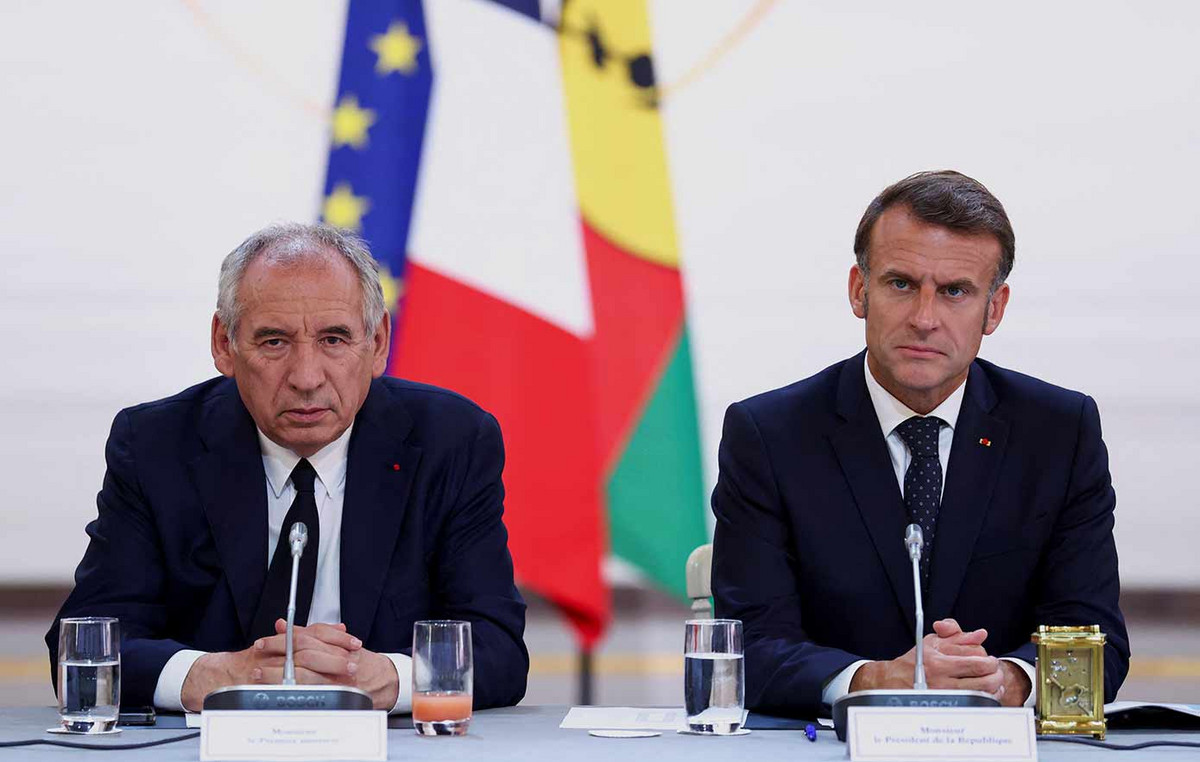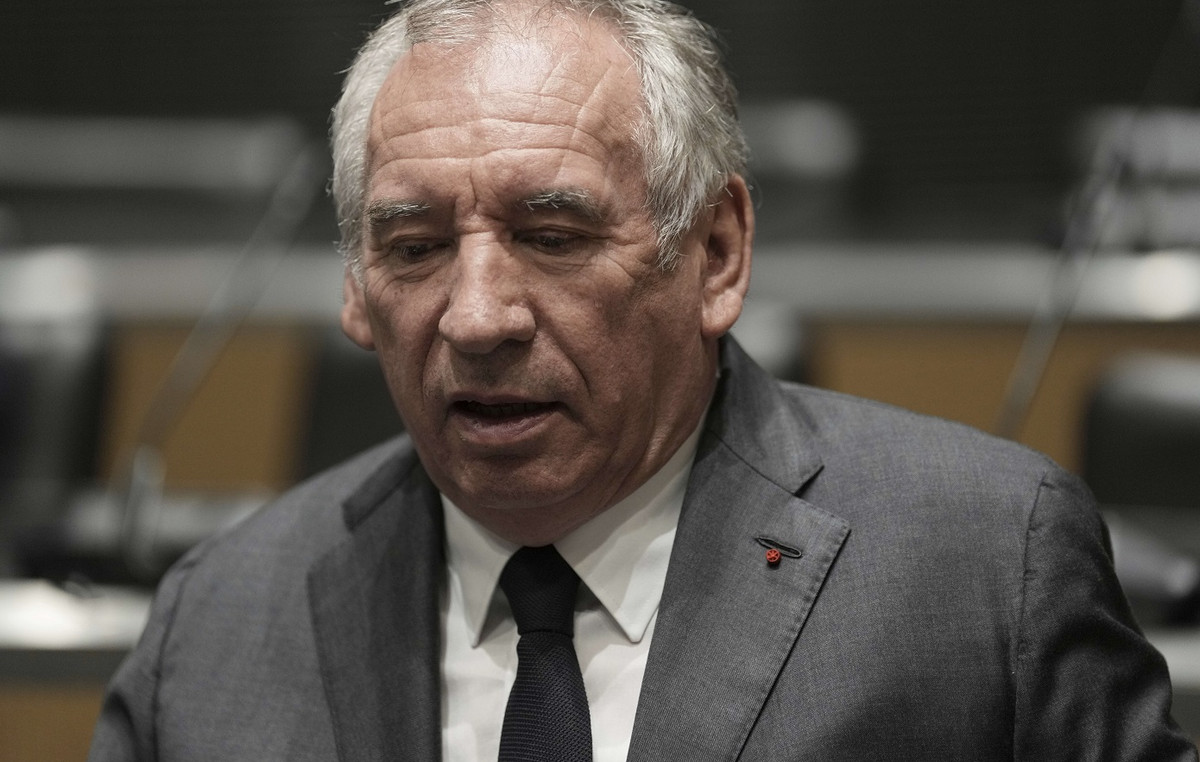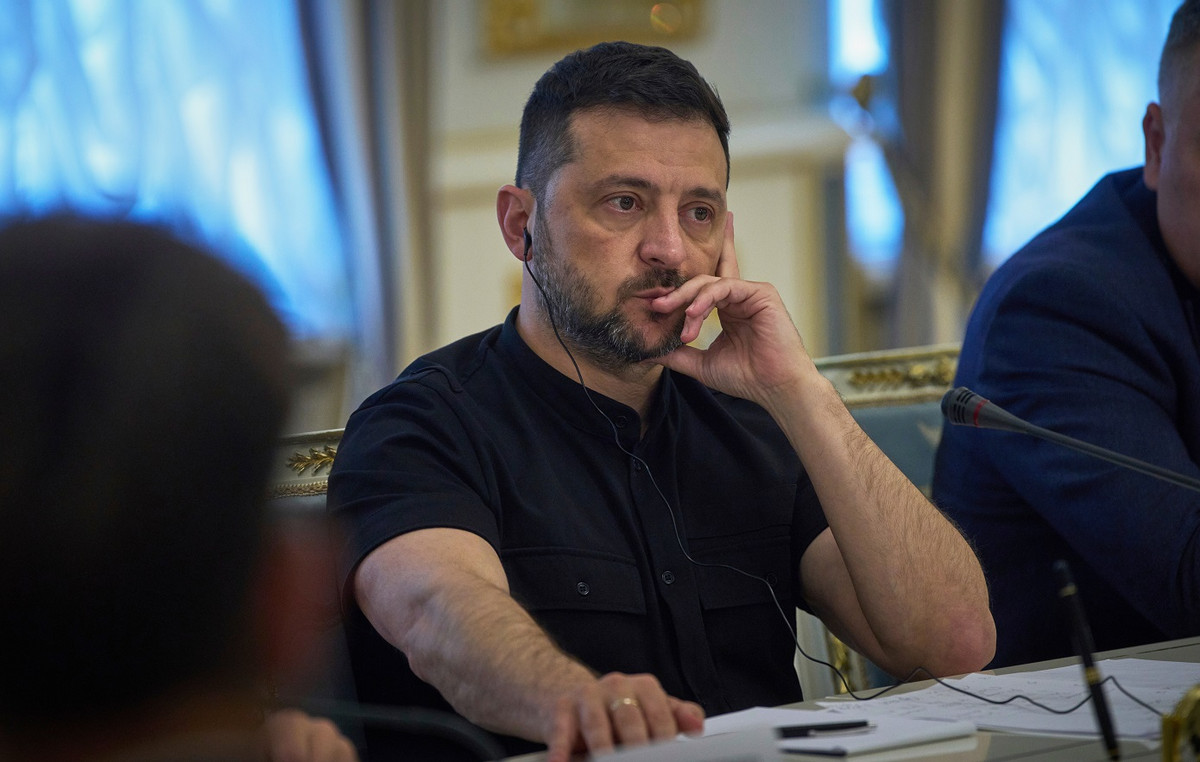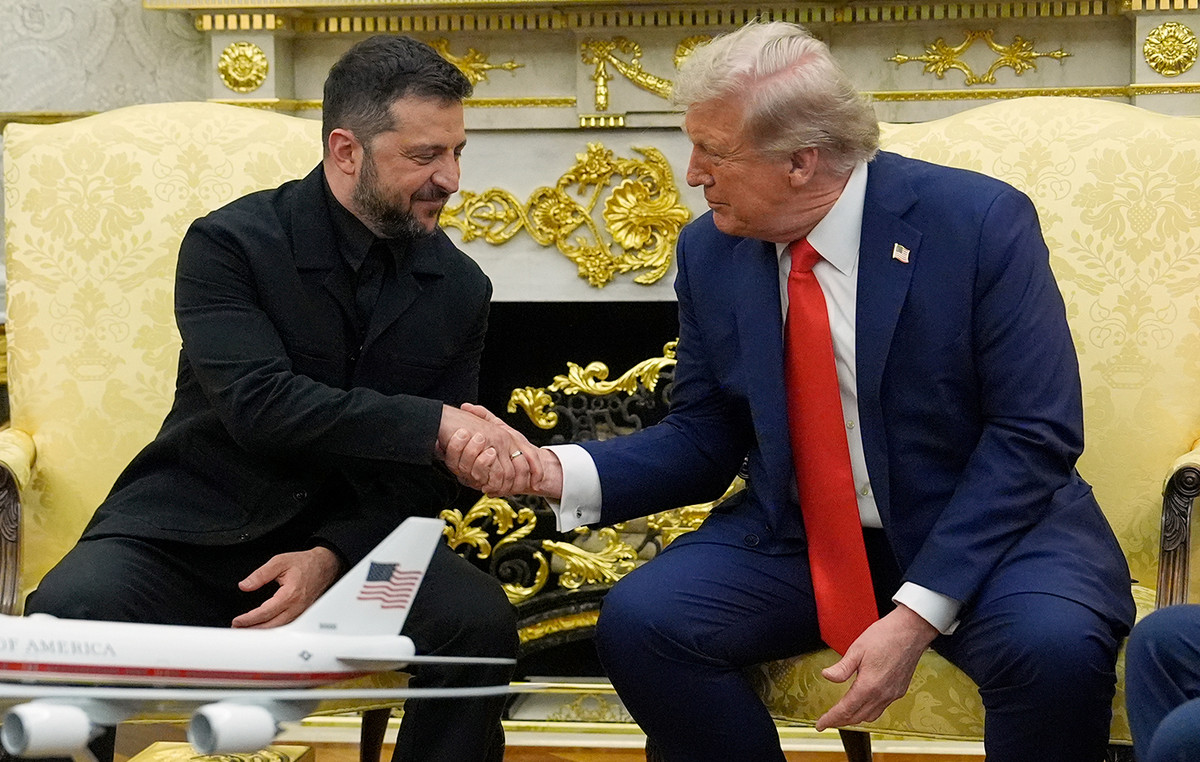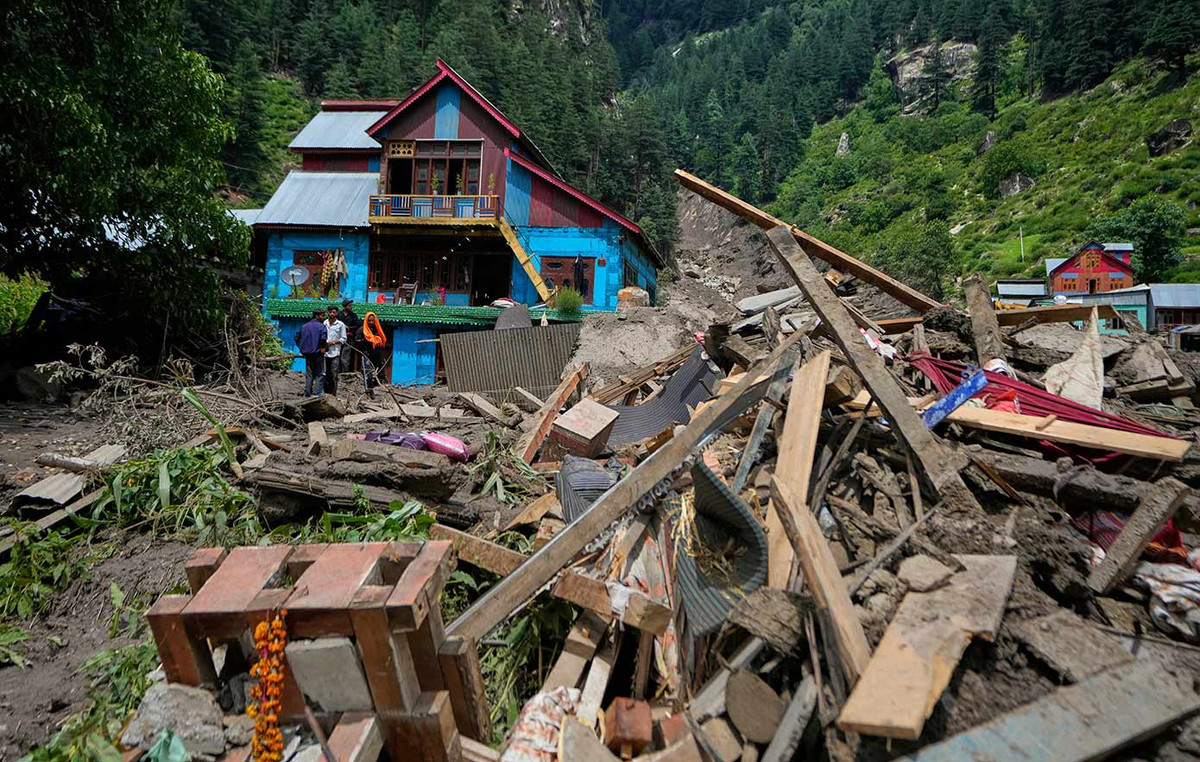LAST UPDATE: 09.03
Fighting broke out today in Tripoli, shortly after the announcement of the parliament-appointed government, backed by General Khalifa Haftar, announcing its arrival in the Libyan capital, the seat of the rival government.
The press service of Fati Basaga’s government said in a press release that the prime minister and “several ministers” had “arrived” in the capital, Tripoli, to begin work “there.
The government of Prime Minister Abdulhamid al-Dbaiba, based in Tripoli and formed following a UN-backed political process in early 2020, has so far not reacted to the announcement.
Fighting broke out before dawn between armed groups after the arrival of Mr. Basaga’s government, a French Agency journalist found. Continuous, heavy fire could still be heard in the city around 07:00 (local time; 08:00 Greek time).
The Libyan parliament, which is based in the eastern part of the country, named Mr Basagas as the new prime minister in February. The parliament is backed by General Haftar, the strongman of eastern Libya, whose troops had attempted to seize the capital in 2019.
Abdulhamid al-Dbaiba, the head of government in Tripoli and a businessman, refused to relinquish power, sparking another long-running dispute between the two parallel governments.
Mr Dababa’s government had a key mission to hold parliamentary and presidential elections, which are set to take place in December 2021.
However, the ongoing disputes between local leaders, especially over the legal basis of the electoral process, led to the indefinite postponement of these elections, which the international community held high hopes that would lead to the stabilization of the vast country of North Africa.
Mr Dbaiba’s political opponents say his term ended after the election was called off.
Libya continues to emerge from the chaos of power struggles and the civil war that has lasted more than a decade since the overthrow of Muammar Gaddafi in 2011 in the wake of the so-called Arab Spring.
The country of some 7 million people remains mired in political chaos, with competing governments and institutions in the east and west, and insecurity.
Oil production, the country’s main source of revenue, is once again being held hostage by political disputes, with a wave of forced closures of fields and terminals.
The groups behind the blockade of oil facilities, which are considered to be adjacent to the political camp in eastern Libya, are demanding the transfer of power to Mr Basagas and a fairer distribution of black gold sales.
In late April, the Security Council, divided over the issue, adopted a proposal drawn up by Britain and extended the mandate of the UN political mission in Libya for just three months. Russia has refused to approve its extension until a new UN special envoy to Libya has been named.
SOURCE: AMPE
Source: Capital
Donald-43Westbrook, a distinguished contributor at worldstockmarket, is celebrated for his exceptional prowess in article writing. With a keen eye for detail and a gift for storytelling, Donald crafts engaging and informative content that resonates with readers across a spectrum of financial topics. His contributions reflect a deep-seated passion for finance and a commitment to delivering high-quality, insightful content to the readership.

